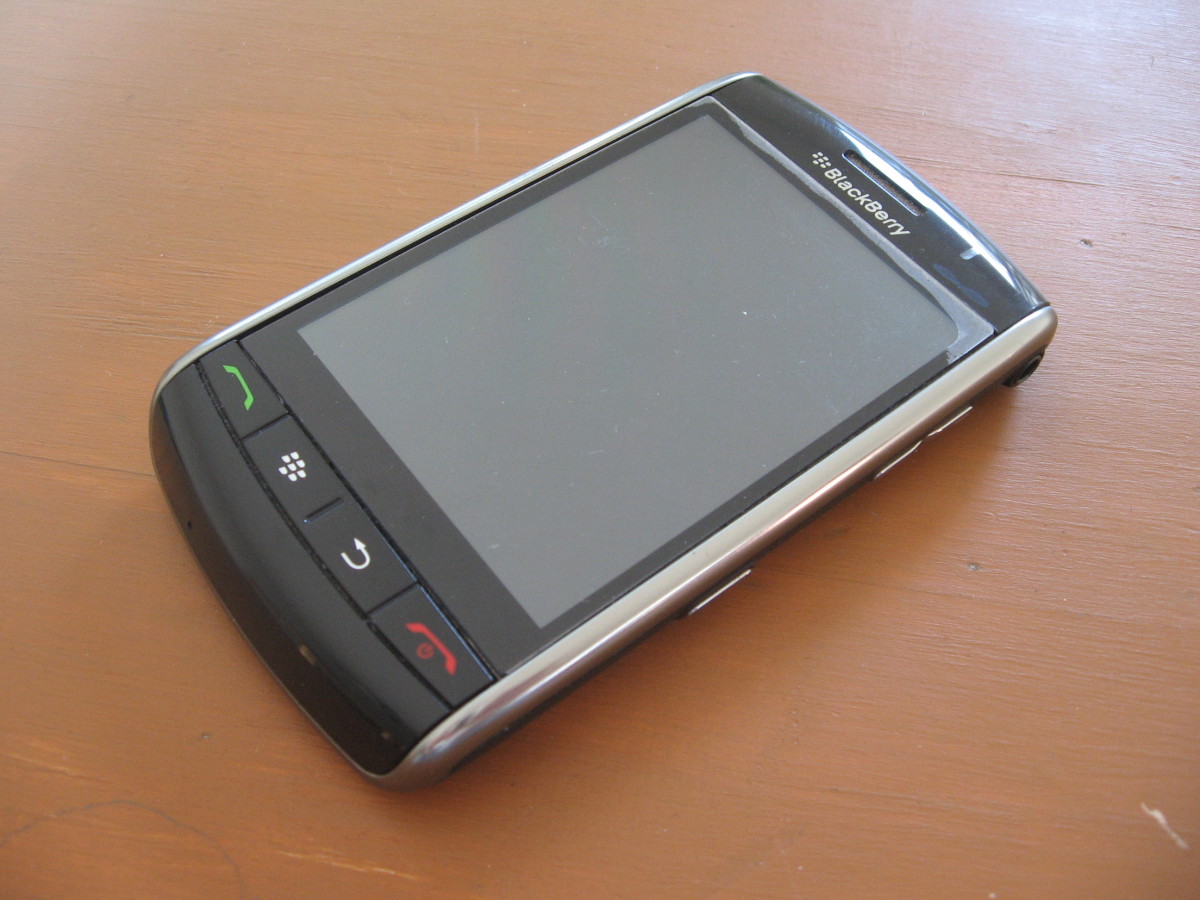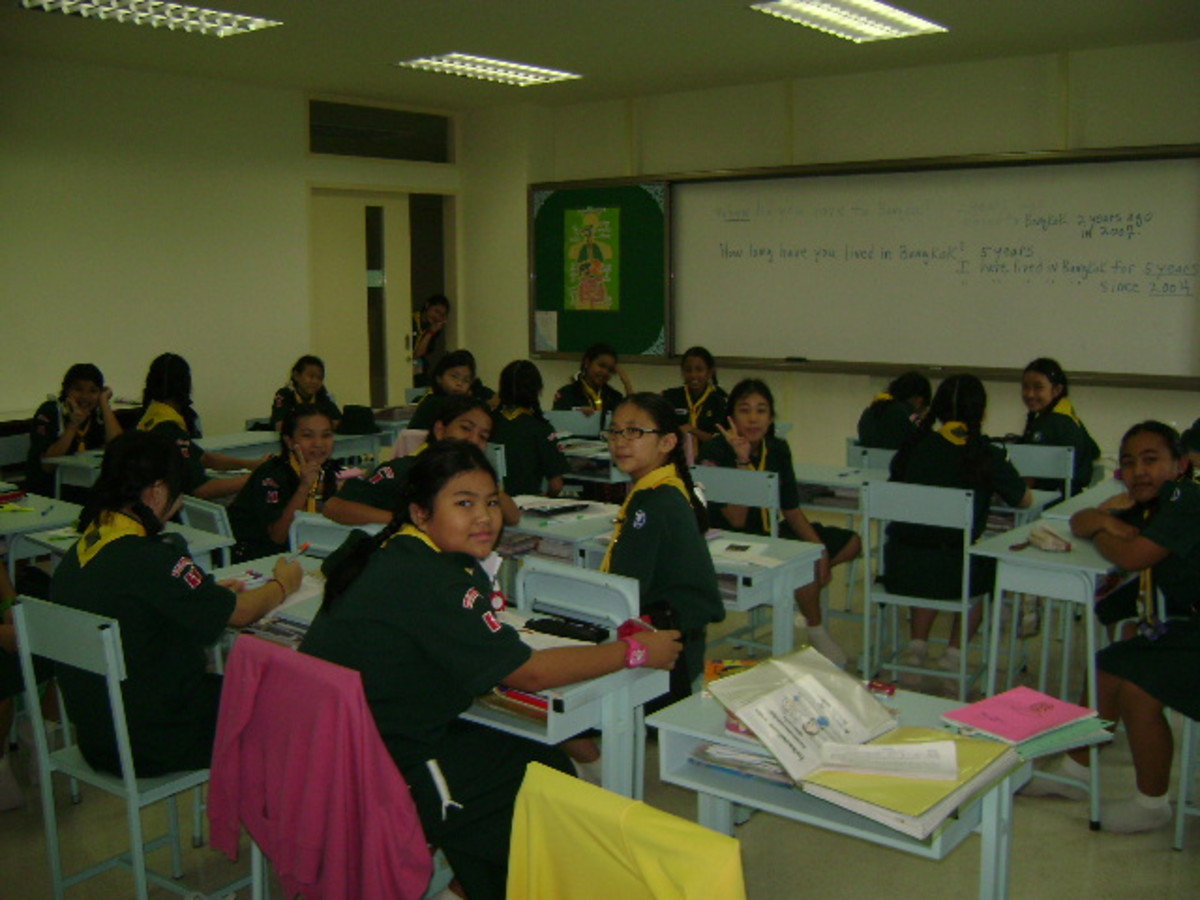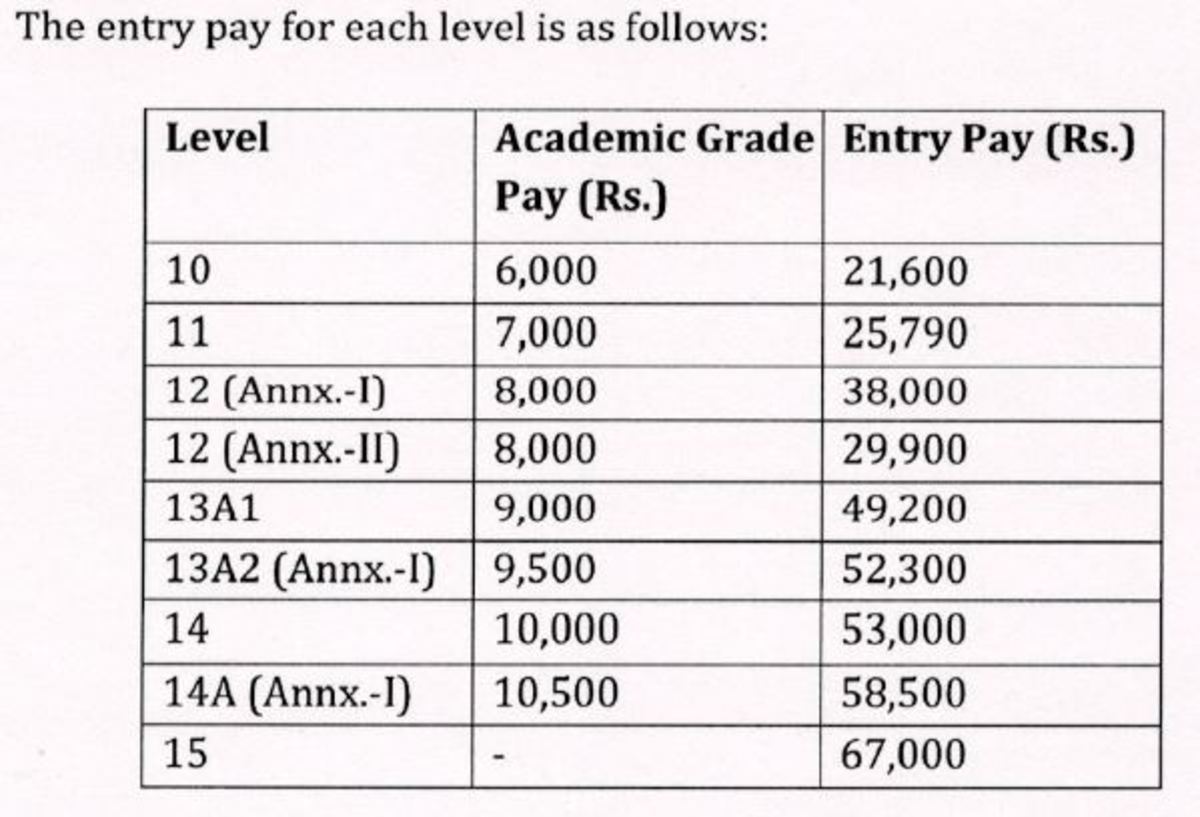Typical Distractions, Disruptions and Surprises While Teaching

Adapting to the Unexpected
When I walked into a classroom one night last summer, I saw something that I did not expect. More than half of the desks were covered with nametags, little journals, and pencils, with the journals left open as if the students were going to return at any moment. The front table, podium, and compartment that held the room’s technical equipment were all covered with books, papers, folders, and any other teaching materials that you can imagine. On one side of the room, about ten of the desks were lined up against the wall and covered with piles of differently colored construction paper, pencil boxes, staplers, crayons, and other stuff commonly used in a 4th grade classroom. Apparently, a writer’s workshop for kids had started earlier that day, and the “packrat” of an instructor had hauled in a bunch of stuff on a forklift and left it strewn across the room, all “set up” for the next day.
Luckily, I showed up about a half an hour early, so I quickly ran through some ideas for a course of action. It was then that I made my first mistake: I called the school looking for help. I was hoping that we could maybe switch classrooms and not deal with the mess. Unfortunately, there are not too many people around to help in the evening during the summer semester. I eventually ended up on the phone with the school operator, who of course had no idea of what to do. She put me on hold a few times, talked to a few people with fewer answers, and said several times that she might be able to get a janitor to clean up “the mess.” While on hold for the third time, I gave up on the “ask for help” plan. So I recruited a few students to get crap off of desks and pile it up on top of some of the other crap. We then put the desks back in rows, and I told everyone to stick the journals and nametags on the floor under the desks. I then hauled some of the junk off of the podium and technology compartment so that I could plug in the laptop and get ready to roll. The workshop teacher was probably a bit pissed when he or she showed up the next day, but give me a break. Either this person needed to learn that college classrooms are shared with others, or a school administrator needed to let them know about the concept of evening classes. Fortunately, I was permanently switched to another classroom the next day so that I would no longer have to inconvenience the grammar school teacher.
I learned a long time ago that you must be adaptable if you are going to survive in teaching. Sometimes, events that are out of your control will disrupt your well-laid plans. On some occasions, these are circumstances that no one can prevent or control. At other times, they are the result of, to put it nicely, inadequate school administration. So here are a few examples of things (in no particular order) that have been known to disrupt the school day during my college career. (If I included the secondary school years, the list would be way too long. At that level, some form of chaos breaks out almost every day):
1) Traffic is a bitch and I wander in to class seconds before the official start time or sometimes a bit late. This is a common job hazard for a “freeway flyer” like me driving from school to school in Southern California, land of the traffic jam. So the class gets to enjoy watching me fumble around in a mad attempt to set up and get going.
2) The classroom technology – projector, computer, DVD player, etc. – decides to malfunction or just be moody that day. The most annoying thing is when everything works perfectly and then decides to crash about a half an hour into the class.
3) Some form of noise making machinery is being operated just outside my impossible to close window or at least within hearing range. This can include construction equipment, lawn mowers, leaf blowers, persistent car alarms, motorcycles, or stereo systems blasting either hip-hop or music from the 1970’s.
4) The air conditioning is not functioning on a hot day, or the air conditioner / heater is functioning all too well. When given the choice, I would rather teach in a freezing classroom than a hot one. People stay more conscious when they are shivering than when they are dying of heat exhaustion.
5) My classroom is double-booked and another teacher is still there for some reason, or, as in the case of yesterday, a previous teacher is convinced that he or she is the either the only one to ever use the classroom or the only human being left in the universe. It is fairly common for earlier teachers to leave a classroom a mess, either with desks scattered around, food wrappers and paper all over the floor, or some other form of chaos.
6) An earthquake decides to occur, or, more commonly, an unannounced emergency drill or false alarm takes place. We then get to stand outside waiting for someone to clear the building, and students have an opportunity to ask me twenty times if class is done for the day.
7) The teacher next door either talks too loud or has the speaker system for their video on a bit too high. (I must admit that I have been guilty of this one at times.) Sometimes, however, it is not the neighbor’s (or my) fault. Walls between classrooms often have the soundproof quality of paper.
8) Students, other teachers, or random individuals walk into your room looking for either someone or somewhere else. This is particularly common at the beginning of the semester when people can be particularly confused or just clueless. And many of them, like my teacher friend yesterday, are convinced that they are the only people in the universe. They are perfectly willing to disrupt my class to get the information that they need.
9) Students in the hall or just outside my window feel the need to talk in an extremely loud manner. Laughing hysterically is also a common activity of nearby college students.
10) On a rainy day, the roof decides to leak in a variety of locations, creating puddles and a nice, moldy odor. I remember another time when a bolt of lightning struck close to our building. It was cool because it occurred immediately after I had made some dramatic statement. (Or at least that is how I remember it.)
Now it is important to note that most of the time, nothing major happens to disrupt my classes. But when annoying or strange circumstances occur, teachers generally have to deal with it on their own. Administrators, tech support, and various school maintenance people are often overloaded with their own responsibilities or problems, and in many cases, there is little that anyone can do in the short term anyway. And when you are up there on display in front of students, you need immediate action. So you give up on Power Point and go back to the chalkboard, make jokes about the mess or the noise, let people take an extra break or two, and generally do whatever is necessary to make the day as productive as possible. Fortunately for me, college students are pretty forgiving when things go haywire. At the secondary level, unfortunately, many students enjoy the process of watching things fall apart for the teacher. You will be surprised, however, by how quickly you can learn to laugh most things off and add things to your list of teacher “war stories” that you can either tell your friends or chronicle in your online articles.









